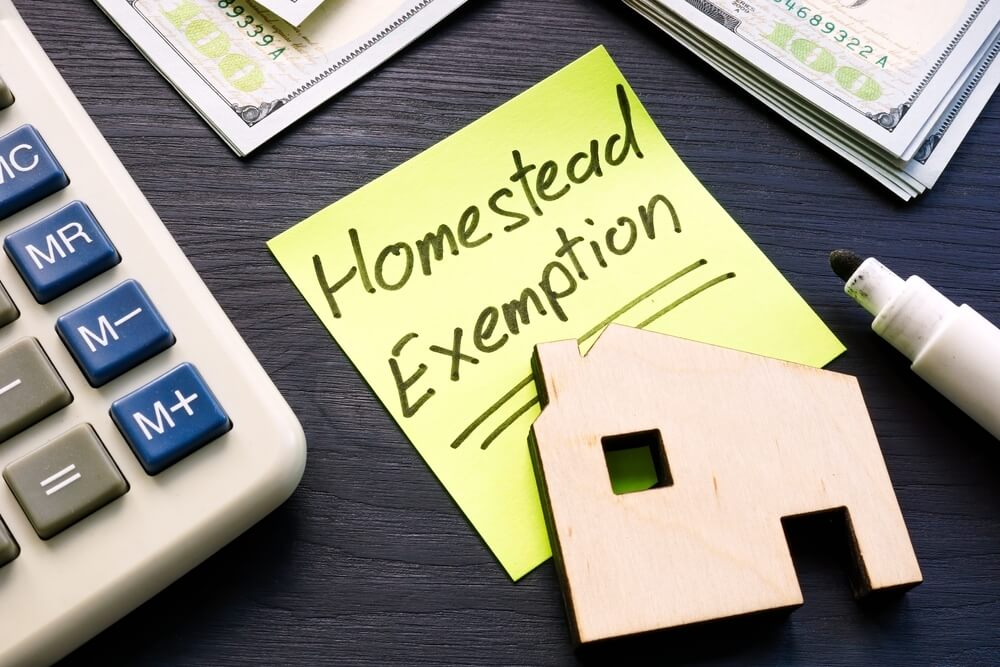For Texas homeowners, property taxes can be a significant expense. Luckily, the state offers a valuable tool to help ease this burden: the homestead exemption. But what exactly is it, and how can you benefit from it? This blog post delves into the details of the Texas homestead exemption, explaining its benefits, eligibility requirements, and the application process.
Also Read: A Comprehensive Guide to Tax Filing for Homeowners in Frisco, Texas
What is a Homestead Exemption?
In simpler terms, a homestead exemption is a tax break specifically for your primary residence. By applying for this exemption, you can reduce the taxable value of your home, leading to lower property taxes. This essentially means you pay taxes on a smaller portion of your home’s value, saving you money each year.
Benefits of the Texas Homestead Exemption
- Reduced Property Taxes: The most significant benefit is the financial savings on your property tax bill. Depending on your home’s value and the local tax rates, the exemption can translate to hundreds or even thousands of dollars saved annually.
- Appraisal Value Cap: Texas also offers an appraisal value cap for homestead properties. This limits the annual increase in your home’s appraised value to no more than 10% (or the rate of inflation, whichever is lower). This prevents sudden and significant spikes in your property taxes due to rising valuations.
- Homestead Protection: The homestead exemption also offers some protection against creditors. In certain situations, your home may be shielded from forced sale to satisfy some debts. It’s crucial to note that this protection has limitations and may not apply in all cases.
Who Qualifies for the Texas Homestead Exemption?
To qualify for the Texas homestead exemption, you must:
- Own and occupy the property as your primary residence on January 1st of the tax year.
- File an application for the exemption with your local appraisal district.
Types of Texas Homestead Exemptions
- General Residence Exemption: This is the basic exemption available to most homeowners, offering a $100,000 reduction in taxable value.
- Additional Exemptions: Certain groups may qualify for additional exemptions, including:
- Over 65 or Disabled: An additional $10,000 exemption for school district taxes.
- Veterans: Exemptions based on disability rating, with potential total exemptions exceeding $100,000.
How to Apply for the Texas Homestead Exemption?
The application process for the homestead exemption is generally straightforward. You can typically apply online or by mail through your local appraisal district website. The required documents may vary, but commonly include proof of ownership and residency.
Remember:
- Deadlines for filing the application can vary, so check with your local appraisal district for specific details.
- It’s important to renew your homestead exemption annually. Failure to do so might result in losing the benefits.
The Texas homestead exemption is a valuable tool for homeowners, offering significant savings on property taxes and providing some additional protection for your primary residence. Need help understanding it better? Talk to us today!

